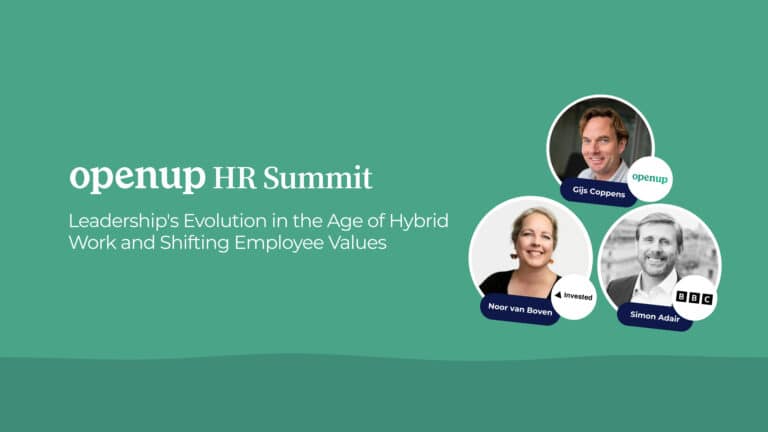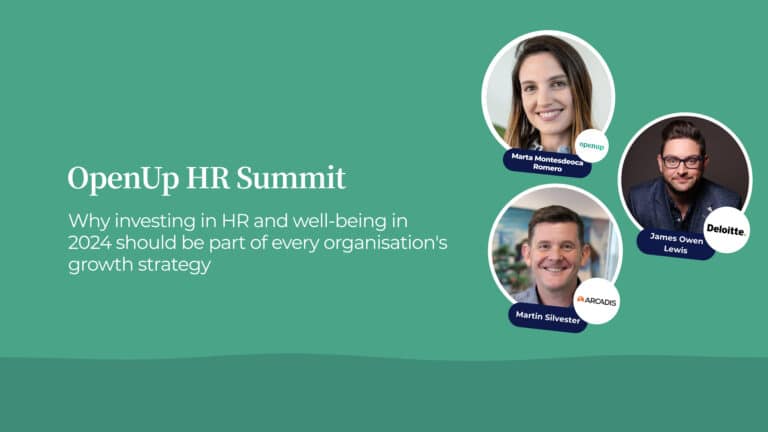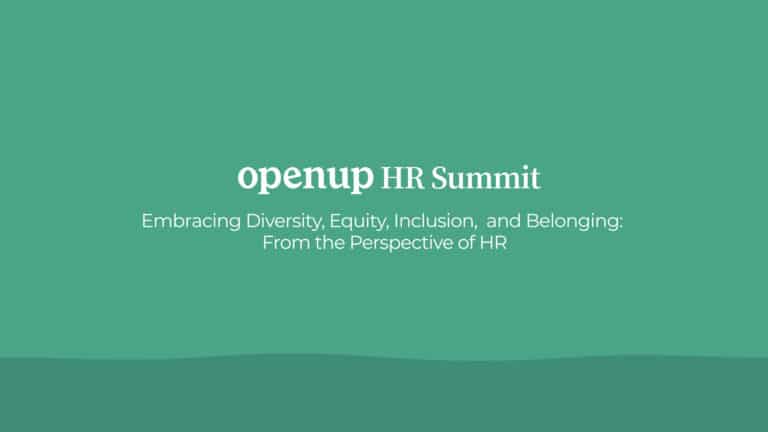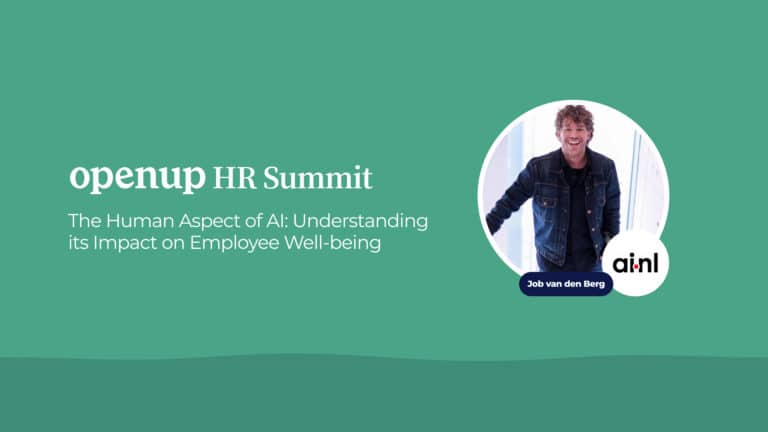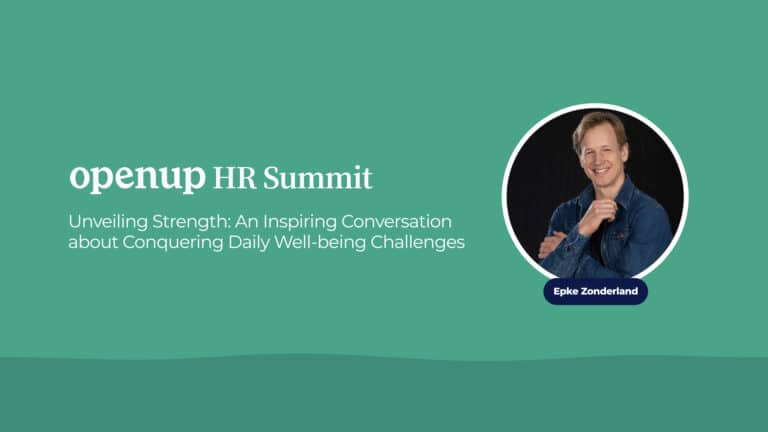We spoke to Susan about the rough period she’s going through, balancing work and prioritizing her mental health. She openly shares the things she has learned from it.
Hi Susan, what does mental health personally mean to you?
“For me mental well-being is about how able I am to process things that I have to deal with on a day-to-day basis and manage the impact these events have on me. So when the going is good, things are stable, and I feel comfortable, then dealing with life feels quite easy”, Susan explains. “I am then able to handle a setback. But when there are many other things on my mind and I feel more out of balance, then even the most basic things can feel difficult.”
How have the last few months impacted your mental health?
“The last few months have been difficult. Trying to balance my personal life, whilst not dropping the ball at work definitely created some stress. Mollie is a fast-paced scale-up and I work in a demanding people function. My job is the main event in my life. But when something, like losing a loved one, happens you realize that you need to give yourself the opportunity to prioritize your mental well-being”, she openly shares. Although work is fun and gives you a sense of purpose, there should always be a right balance.
“I feel invested in the work that I do but at some point I switched off”, Susan continues. “I mentally couldn’t find my way through meetings and felt really tired. My concentration was lacking and I got frustrated more easily. All because I had big things in my personal life that I was trying to process. This, in combination with working fulltime in a fast-growing company was a bit too much to handle.”
So, how did you deal with these challenges?
“Initially, I tried to juggle everything. Both work and family. I quickly realized that it was important for me to prioritize my mental health. This meant taking time to get out of the house, to do things that I enjoy and that give me peace of mind. I found that walking up the hills in my hometown, feeling the healthy air in my lungs, was really helpful for me.”
How did you set boundaries to be able to cope with everything?
“That was challenging,” Susan shares honestly. At first, it was hard for her to be open about her personal life at work. “I didn’t tell anybody what was going on. I lead a team and found it important to be a role model. I wanted to remain what I saw as ‘strong’ and be there for my team. I felt as if I should be able to manage my work and manage my personal life.”
But as time progressed, Susan did share her story with her direct team. “I found it hard to be open and honest, but once people knew what was going on it actually made my life a bit easier. It helped that my colleagues now understood why I might react differently, go home earlier, or be unusually tired. That was really helpful for me.”
When her father died she dropped everything. “Without a question my colleagues took over for me. That made me feel much better. People understood this was challenging for me. And next to that, it made me realize what a great and supportive team I’m working with.”
“I’ve learnt that it’s good to be open about your personal life. People often notice when something is off. And above all, people care. When something happens outside of work, it’s ok to share, and be vulnerable with your team.”
How are you currently processing all of it?
“I’m trying to just take things day by day. I’ve learnt that it’s important to recognize when it’s a good day and when it isn’t, and to be ok with this. Even when you have a lot on your plate”, Susan explains.
“When your mindset isn’t in the right place, it’s better to stop for a while. Go for a walk or do something that you enjoy. Take a break from your work for a bit and return to it when you feel better”, she suggests. “Your productivity will be so much better if you’re in the right frame of mind.”
What are your main takeaways from this experience?
“My main takeaway is to be open, honest, and vulnerable”, Susan says convincingly. “Not only is it okay, it is important to share what’s on your mind. If you don’t open up it is difficult to get the support that you might need.”
What do you hope others will take away from this interview?
“That it’s okay not to be okay. We all have a life outside of work. It’s okay that the two meet and are intertwined. Whatever your situation is, it’s okay to bring that to work. Be open about it. It helps people to understand where you are in terms of your mental state. It’s not a sign of weakness, but a sign of strength.”
How do you encourage others to open up?
“At Mollie, we try to provide as much support as we can. All Mollies have access to OpenUp. I’d encourage anyone who is in need of extra support to book an introductory session. Additionally, there are a variety of options available on ThrivePass that promote well-being. Whether it’s a massage, a juice cleanse, different forms of sensory therapy, you name it. It’s important that Mollies know that there are resources available to guide you when you need it.”
Next to offering services, Susan stresses the importance of having an open, accepting company culture. “I hope that by sharing my personal experience, it encourages others to open up. It is important for us to continue to share our vulnerabilities with each other. It enables us to learn from each other, and have really invaluable conversations. I encourage everybody to speak up for your mental health. It is the first step towards breaking the stigma, and supporting each other.”

